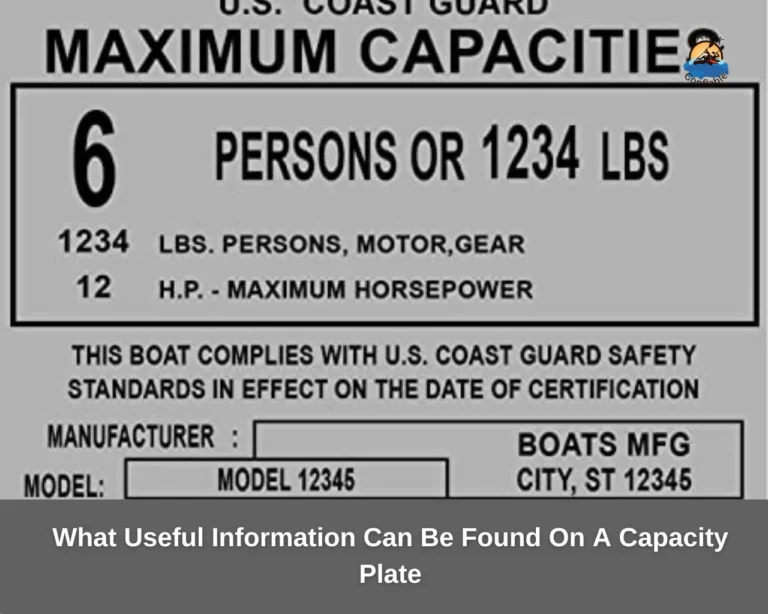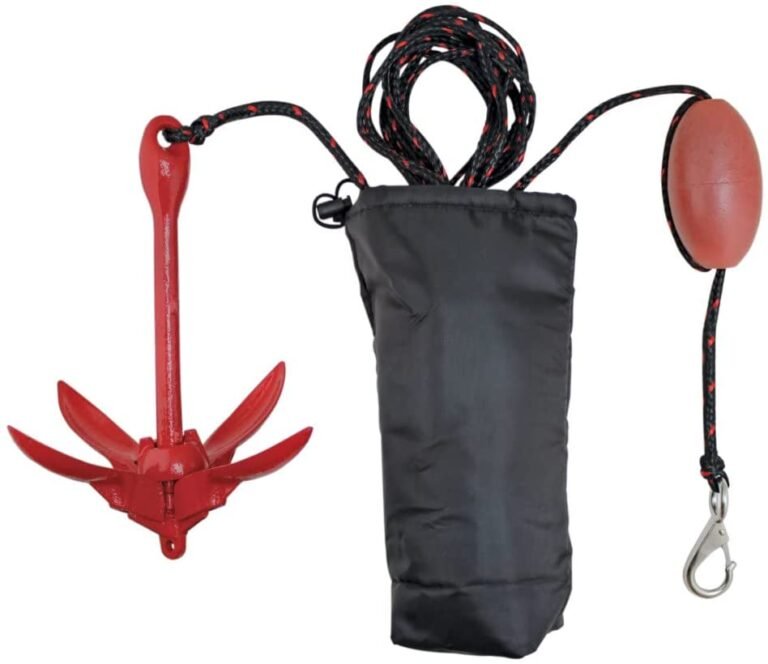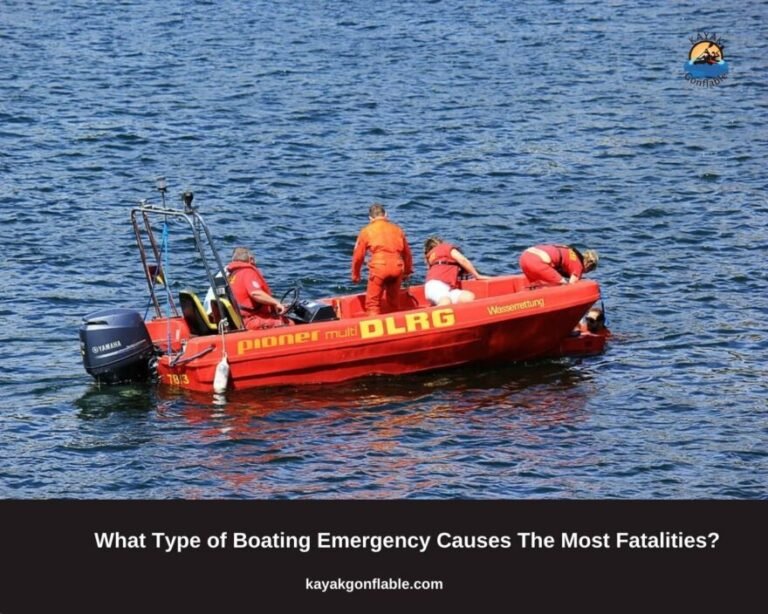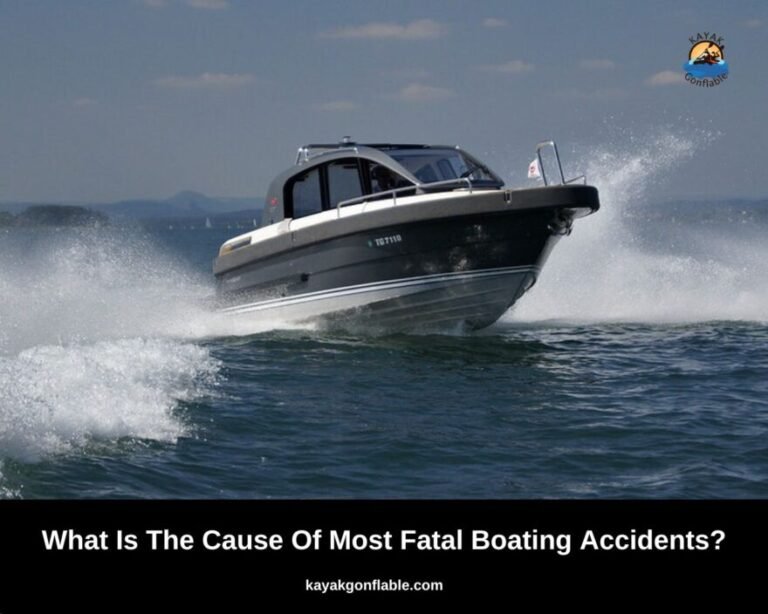How Does Alcohol Use Affect Boat Operators and Passengers?
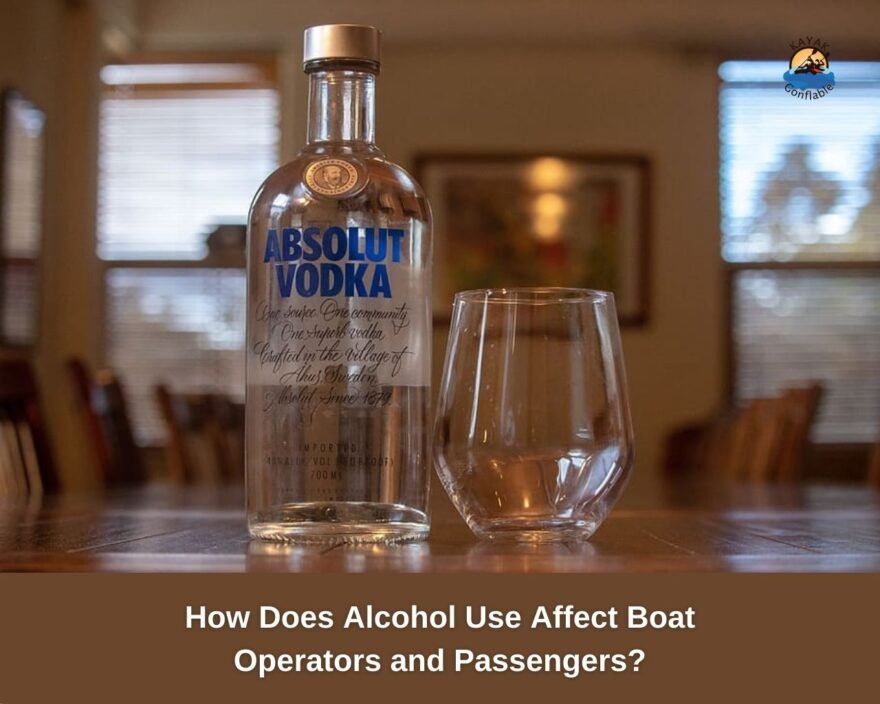
“Moderate” drinking is defined as not more than four drinks each day for males and three drinks each day for women. Even modest drinking, though, can impair your capacity to properly handle a watercraft.
Alcohol has several ill effects on watercraft pilots and passengers. Because alcohol weakens judgment and coordination, it leads to poor decisions and accidents. It also dehydrates people, putting them at risk of falling or drowning in the water.
Furthermore, drinking alcohol has been linked to rebellious or dangerous behavior, resulting in conflict or accidents. Finally, booze drinking can cause drowsiness which makes operating a watercraft safely quite the hurdle.
In the United States, alcohol is to blame for roughly 40% of all fatal boating mishaps. More so, booze is thought to be a major factor in more than half of all drownings.
What is Alcohol?
Water, carbon dioxide, and ethanol combine to form alcohol, a psychoactive substance. It’s also known as “liquid courage” because it’s the most widely utilized narcotic on the planet. Although alcohol is commonly consumed as a beverage, it can also be utilized in medicine.
Alcohol is a depressant that can be found in many different types of drinks. It is usually measured in grams per 100 milliliters (ml) or as a percentage of volume. Vodka, gin, rum, whiskey, and brandy all contain alcohol.
Alcohol depresses the central nervous system, making you tired, confused, and unstable. It also lowers your inhibitions, making you engage in unsafe activities.
People are temporarily euphoric and confident after drinking alcohol. It can provide relaxation and stress relief. Some people drink to become inebriated and then engage in unsafe activities.
Alcohol addicts frequently face difficulties in their lives. They often can’t control their urge to drink or the quantity they drink.
What Impact Does Alcohol Have On Watercraft Operators?
Alcohol intake can have a variety of negative consequences for watercraft operators. The effects vary depending on how much booze was drunk, how long it has been in the system, and the type of boat they are driving.
Alcohol drinkers are more inclined to act rashly, which often leads to accidents. It makes boat operators less alert to their surroundings, potentially putting them in danger.
Accidents involving alcohol are one of the top causes of death in the marine industry, costing employers an estimated $2.6 billion annually. Alcohol-impaired watercraft pilots are more prone to fall asleep behind the wheel, cause accidents, and be incapacitated while on the job.
Vessel captains can safeguard themselves and their personnel from injury or death by restricting drinking on the water.
Effects Of Alcohol On Passengers
Alcohol consumption among cruise ship passengers has increased in recent years, with some surveys estimating that up to one-third of all passengers consume alcohol at any given moment.
Though many people feel that drinking alcohol on a boat is just a way to have a relaxed holiday, the truth is that alcohol use can have major effects on both persons and the vessel’s safety. The following are two effects of alcohol on boat passengers:
- It forces you to do things you would rather not do.
Alcohol is a depressant, meaning it slows down brain function and makes it difficult to make decisions and care for oneself. Drinking and sailing (and other activities) together can lead to risky circumstances as inhibitions are lost and you do things you would normally avoid.
- It’s possible that drinking will cost you your life.
Alcoholic passengers often tend to engage in mishaps. Not only can they injure themselves while moving on the boat, but they can also distract the pilot and thus cause mishaps disturbing the peace.
Hazards of Drinking and Boating
It’s never a good idea to combine drinking with boating. Recreational boaters are frequently warned about the dangers of mixing the two, but even modest amounts of booze can significantly raise the chance of a watercraft mishap, as shown by recent studies.
Alcohol inhibits one’s ability to make sound decisions and reacts with other chemical components in the environment to produce unpredictable outcomes. With so much at stake, it’s critical to be aware of the dangers and take them seriously before hitting the water.
- Alcohol can compromise judgment and reduce reaction time in watercraft captains, putting overall safety at risk.
When operating watercraft in close proximity to other ships, shorelines, and other vessels, boat operators confront particular risks. Alcohol can impair judgment and slow reaction time, putting one’s safety at risk.
As shown by a recent study, drinking decreases boat operators’ ability to gauge distances and speeds effectively, which can lead to crashes or near-collisions. Those who use alcohol are also twice as likely as those who do not to be involved in a deadly boating accident.
The National Transportation Safety Board (NTSB) has suggested that boaters avoid drinking before operating a vessel as a result of these findings.
- Dehydration can be deadly on a boat if you drink too much alcohol.
Dehydration caused by drinking can be detrimental aboard a vessel. Dehydration can make you feel lightheaded, dizzy, and weak. It can also induce nausea and vomiting, as well as breathing difficulties and even death.
If you plan on sailing or boating after consuming alcohol, make sure you drink lots of water to avoid being dehydrated.
- Mishaps happen more often when people are inebriated.
This is because drinking alcohol hampers a person’s capacity to think properly and make sound decisions. It can also lead to aggressive conduct, which can result in mishaps. Alcohol consumption also raises the likelihood of getting into fights, which can lead to injury.
Drinking alcohol raises the chance of other forms of mishaps, such as fires, and makes people more vulnerable to vices like sexual assault.
- Passengers who drink are more prone to become seasick.
According to studies, those who drink before boarding a ship are four times more likely to become seasick than their non-drinking counterparts.
Drinking alcohol also makes it harder for the body to fight sickness, which can exacerbate seasickness. Furthermore, persons who are prone to seasickness are more likely to become sick when they drink.
5. Alcohol abuse can result in passengers or operators drowning.
As the boating season approaches, people are advised to take measures like wearing a life jacket when on the water. However, a lesser-known reality is that drinking alcohol might result in drowned passengers or operators.
Alcohol impairment can affect judgment and decision-making, putting you in unsafe situations. Alcohol increases the chances of people losing their grasp on things and being pulled underwater. Call 911 if you notice someone who appears to be intoxicated and in danger.
The Effects Of Drinking Are Amplified When Sailing A Vessel In Open Water
While it may appear misleading, the consequences of drinking alcohol in open water are considerably harsher than for those who drink on land. Remember that a boat is always moving on the water, and a drinker’s coordination abilities are dramatically reduced.
This mental lag impairs boaters’ judgment, causes them to hallucinate, and even causes them to make potentially fatal blunders. Also keep in mind that in the event of a mishap, the injuries incurred by drinking boaters are frequently more serious.
Booze is dangerous since the drinking boater isn’t the only one who is at risk; everyone in his area is at risk because he isn’t thinking straight while the booze is in his system.
Sailing and Safe Drinking
The truth is that many boaters already are addicted to booze and can’t imagine their lives without it. If you fall into this category, it’s critical to understand you should drink responsibly when sailing.
It’s crucial to remember that alcohol depresses the central nervous system, and can impair your capacity to safely drive a boat. Keep these crucial points to keep in mind:
- Stay hydrated both before and throughout your travel. If you’re unwell or dizzy, don’t drink alcohol.
- If feasible, never drink and drive.
- When drinking, always use caution when driving or operating any machinery.
- If you’re going to drink while boating, make sure to designate a sober driver and take necessary precautions such as abstaining from boat operation if you’re impaired.
- Always wear a life jacket when on a boat. If you fall overboard, this could save you from drowning or other hazards.
The Importance of Not Drinking And Sailing
Boating and drinking can be a risky combination, and irresponsible behavior can have catastrophic results. Drinking and boating are hobbies that demand extreme caution since they both endanger persons and property.
If you decide to go sailing, one of the crucial things you can do to ensure your safety is to avoid drinking. Alcohol hampers your judgment and ability to safely drive a boat, as well as causes harmful interactions with other watercraft or the ocean.
You could face jail time and fines if you’re convicted of boating while inebriated. So don’t take any chances and drink responsibly when at sea.

